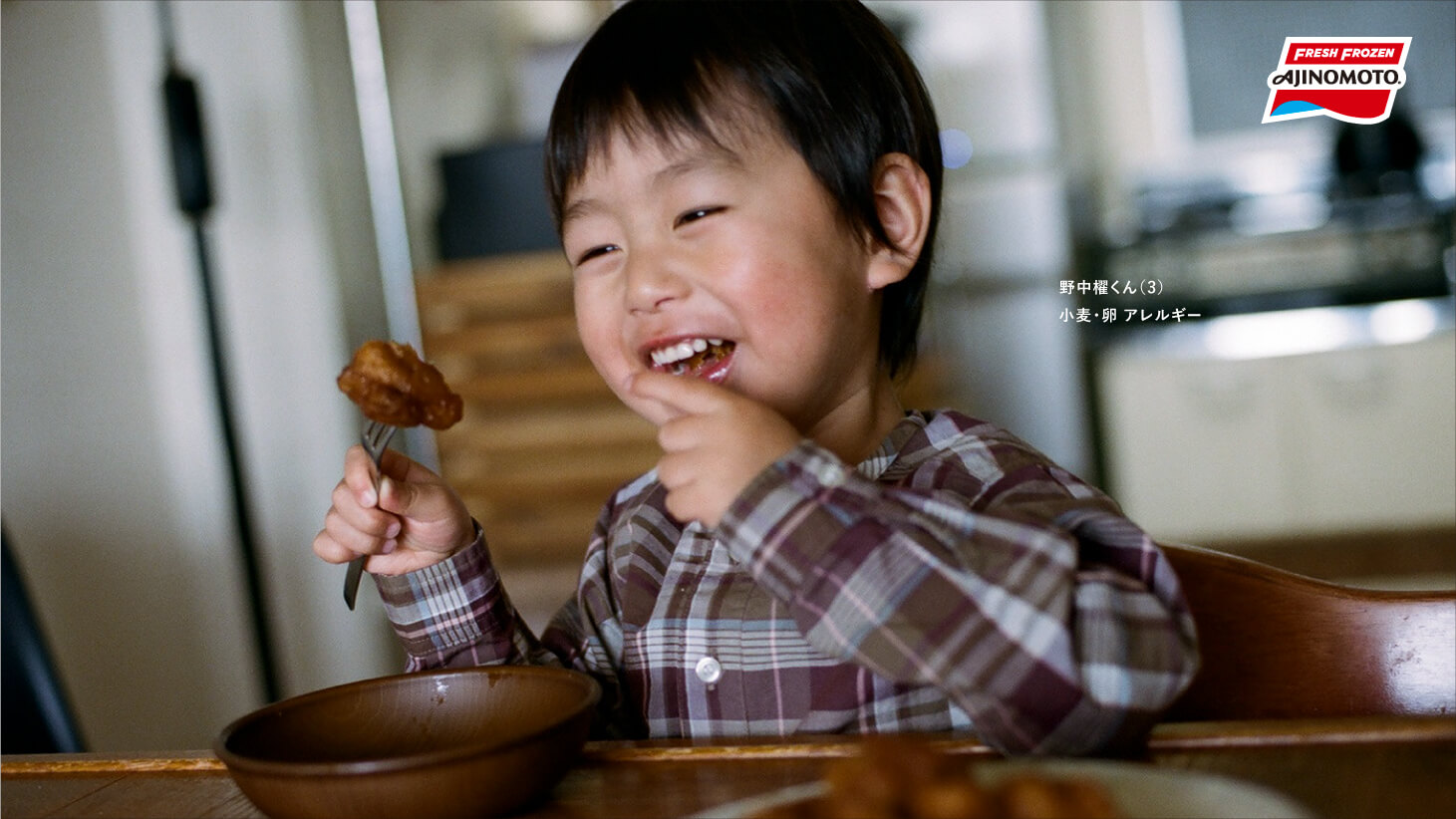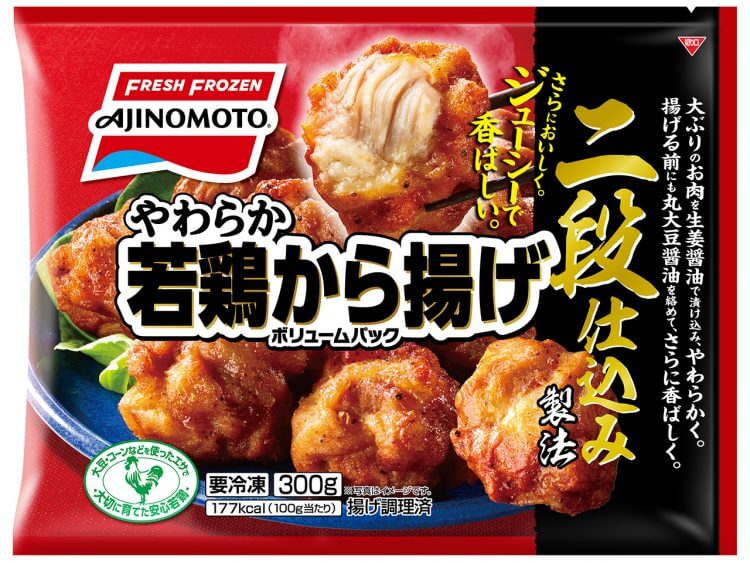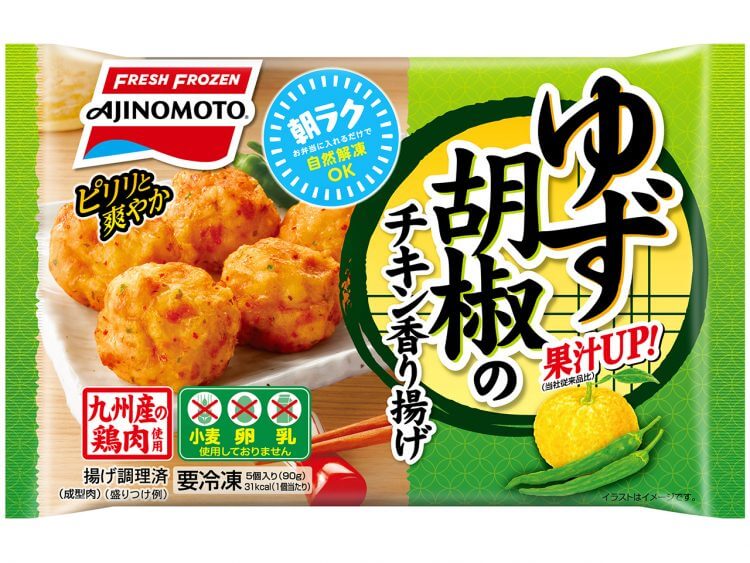Reading Time: 4 minutes

Table of Contents
Parents today may notice a greater awareness around food allergies compared to when they were young. Even if your own children are allergy free, they undoubtedly have friends or classmates who aren’t. While some food allergies are mild—an upset tummy or skin rash—others can be life-threatening. Severe allergy-triggering foods like peanuts are now banned from some school classrooms, and in the US some airlines and hotels have introduced allergy-friendly flights and rooms.
In fact, food allergies are on the rise. Studies show that in some countries, upwards of 7% of children are affected. In the US, it’s estimated that over 10% of the population has some food allergy. In the UK, peanut allergies have increased 500% since 1995. The trend is more pronounced in industrialized countries than in developing ones and in urban versus rural areas. The result is a need for greater diligence on the part of consumers and clearer labeling of ingredients on the part of producers.
In Japan, where eggs, dairy, and wheat are said to account for about 70% of food allergies, the national school lunch program provides pre- through middle-schoolers a nutritious daily menu. But often the program fails to address special dietary requirements, meaning that food-allergic children can be made to feel different from their peers. It also places a burden on busy parents. “When my older son was in first grade, his school told me they could remove eggs from the lunch but not wheat,” says Katsura Suda, a mother of two. “I wanted him to eat what the other children were eating, so every morning I made an allergen-free version of that day’s lunch for him to take.”

A boy eating karaage or fried chicken which is free of eggs, dairy, and wheat.
Yukiko Sasaeda understands these concerns. A product developer at Ajinomoto Frozen Foods Co., Inc., she handles the company’s popular brand of frozen karaage, or fried chicken, a staple of many lunch boxes and dinner tables. The succulent boneless chicken chunks are marinated in a special blend of ginger and soy sauce, then coated in rice flour and fried. While the recipe is egg- and dairy-free, until recently wheat was listed in the ingredients since it’s contained in the soy sauce.

The new allergy-friendly line-up—free of eggs, dairy, and wheat—also includes a bite-sized version perfect for packed lunches and enticing flavors such as yuzu with black pepper (the right image).

But after hearing many voice concerns about gluten through the company’s consumer hot line, Sasaeda and her team decided to develop a gluten-free soy sauce. After 100 taste tests, the team was finally satisfied that the new recipe didn’t sacrifice any of the original flavor. The next step was revamping the production process to prevent cross-contamination. All told, the process took two years. The new allergy-friendly line-up—free of eggs, dairy, and wheat—also includes a bite-sized version perfect for packed lunches, and features enticing flavors such as yuzu with black pepper.
The Ajinomoto Group is dedicated to supporting the nutritional needs of all families through a variety of delicious, easy-to-prepare, and clearly labeled products that give busy parents of food-allergic children peace of mind.
Stories you may like

Eating habits start young: getting kids out of the classroom, onto the farm and into the kitchen
- Food & Wellness
- Health and Well-being
- Innovation

Food for thought: learning to live with a rare disease called PKU
- Food & Wellness
- Health and Well-being
- Innovation

From manga to manger: gyoza take France by storm
- Food & Wellness
- Health and Well-being
- Innovation



